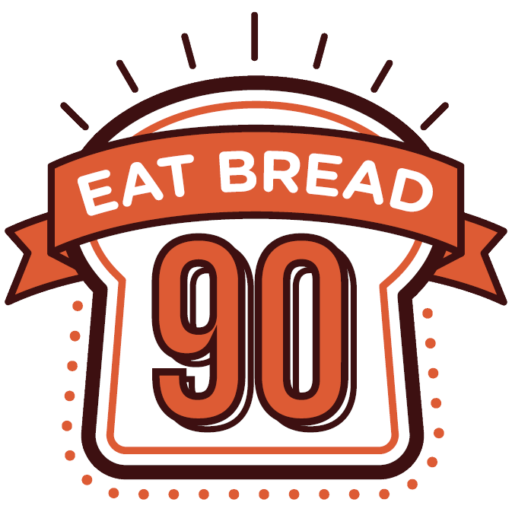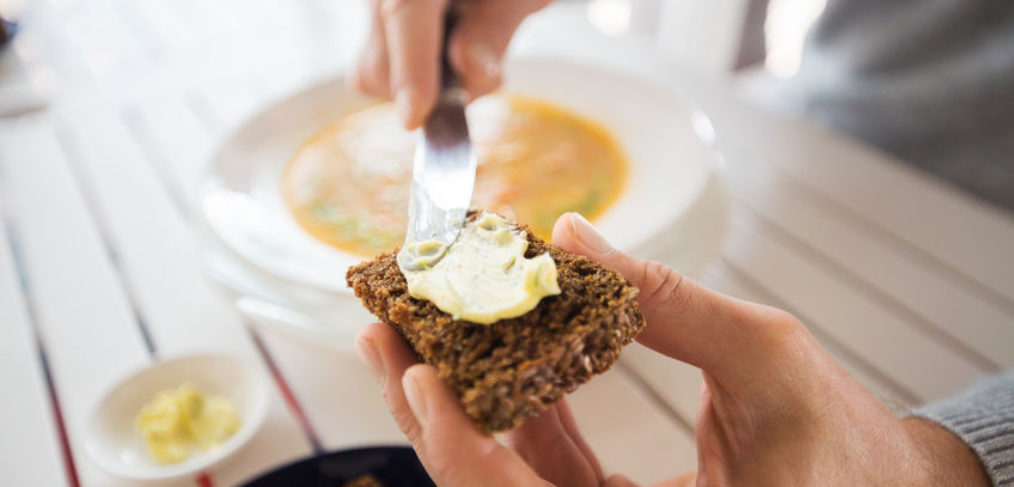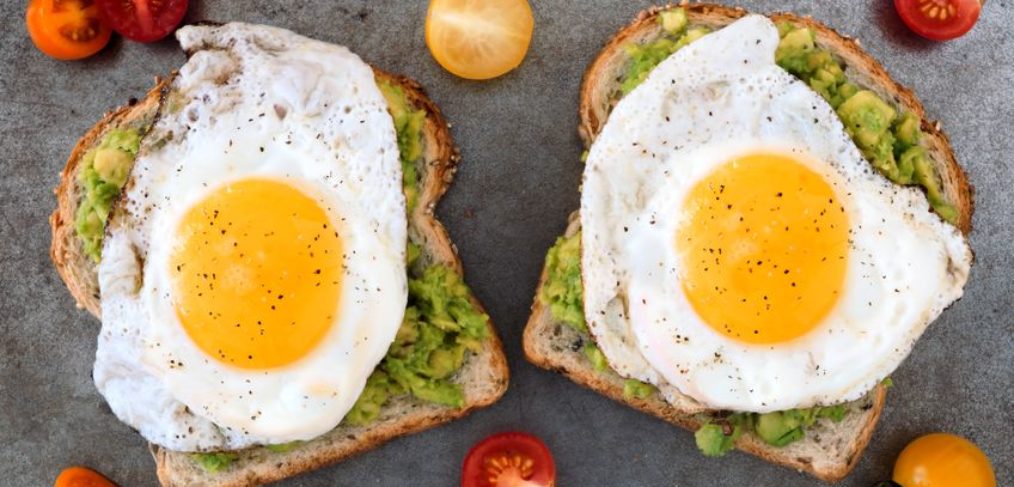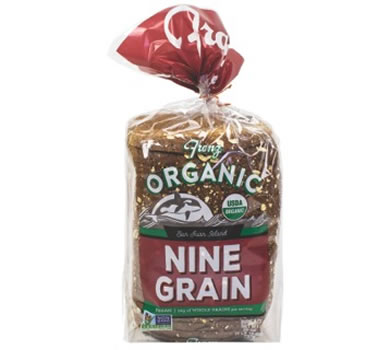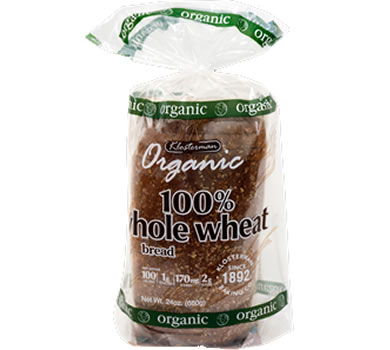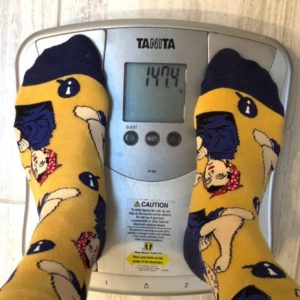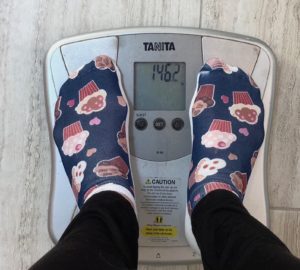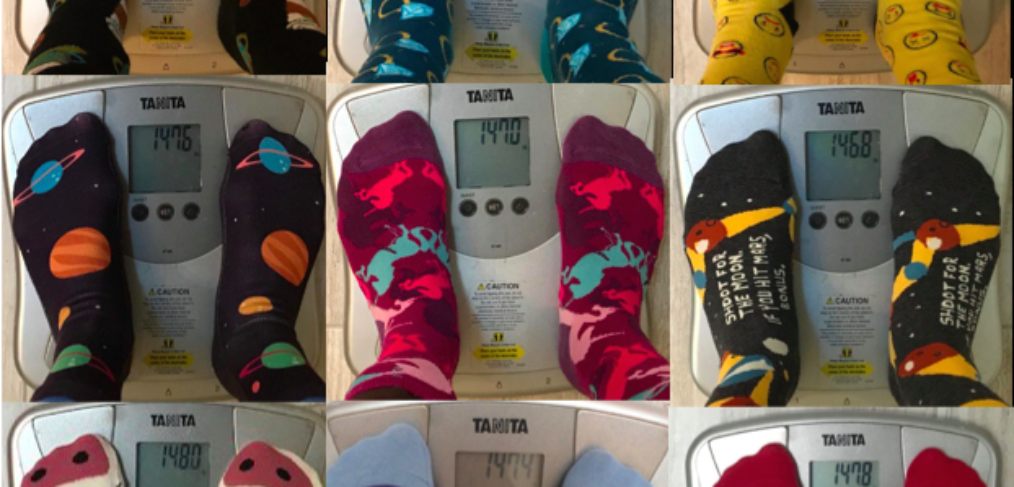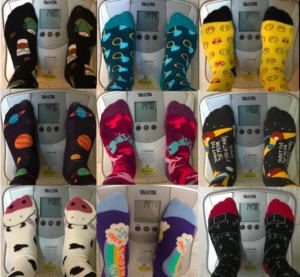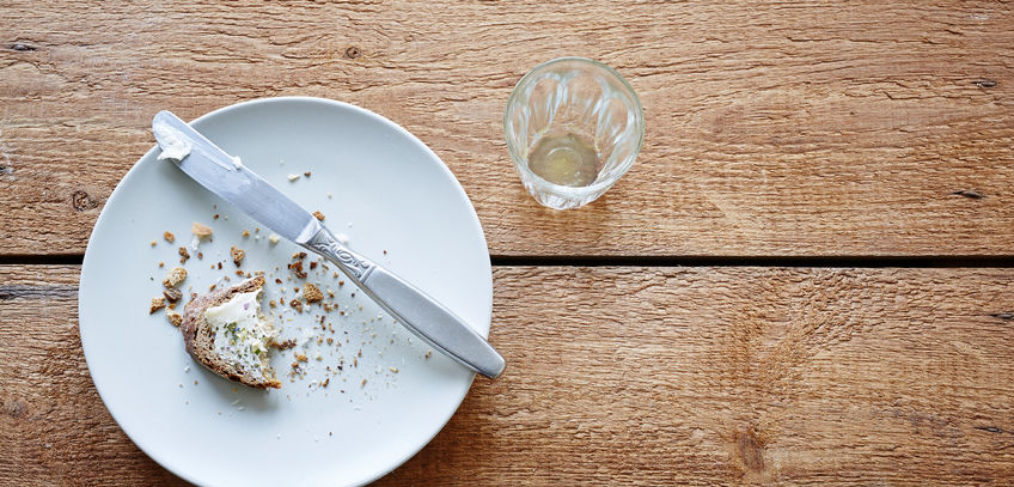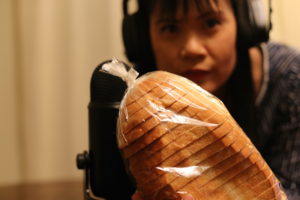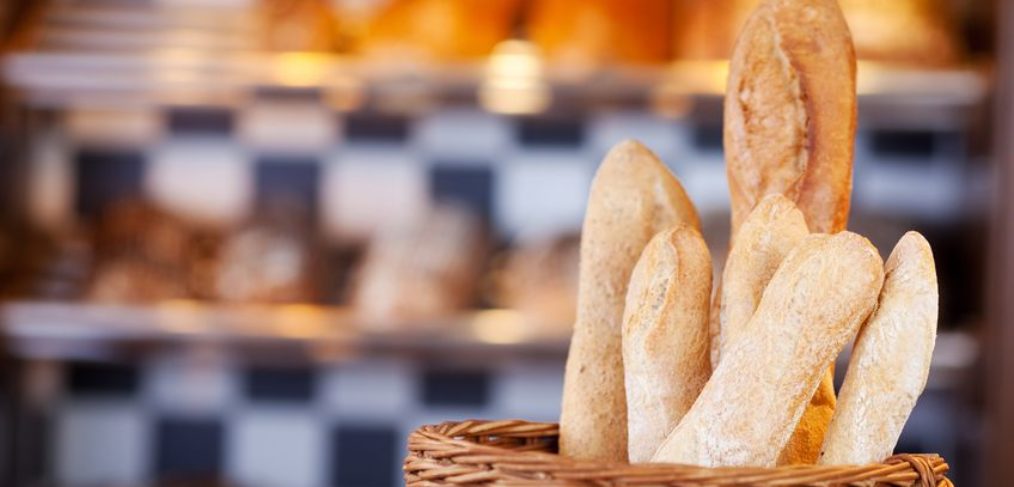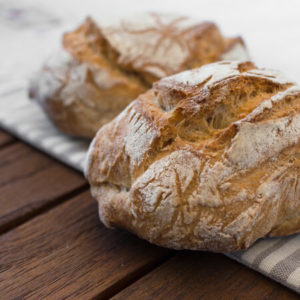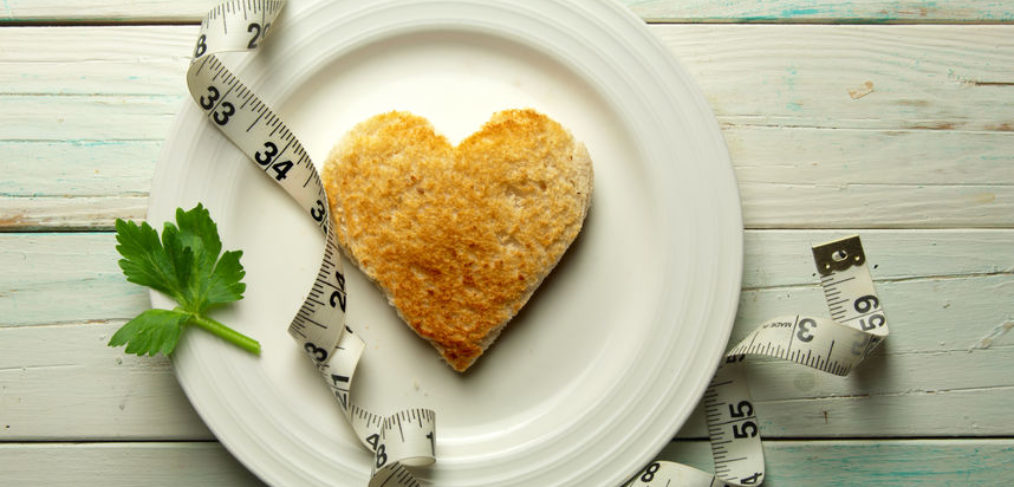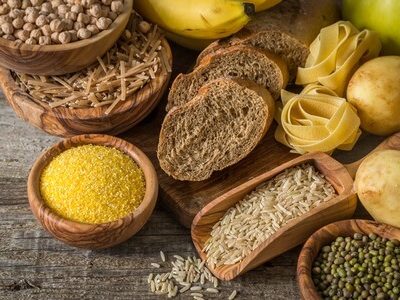Bread was a large part of my diet until I hit my late teens and early twenties. At this time, I started to workout obsessively with my friends at our local gym. The gym became a social place for us to bond; it became a place to escape our pains, stress, and frustrations. Since our fitness goals during those days were to gain muscle, protein was king. This is all I had known for the first years of my twenties with regards to food intake.
Meeting Dr. Carson
A few months ago, I found out Dr. Carson was doing a 90 Days of Bread project. This sparked an interest, mainly because for the last few years I’ve been attempting to avoid bread due to its high level of carbs. I asked Dr. Carson to give me more information about it and what her goals were with the project. After hearing her out (being the early adopter that I am) I decided to try this out.
90 Days of Bread
I started my own 90 Days of Bread in April. Here are some of my experiences:
- Eating bread has kept me filled throughout the day.
- Prior to this, I was accustomed to eating two large meals per day. This helped me transition to smaller portions throughout the day.
- Which has resulted to less crash and burns, and more energy. I do have to admit, the first few days were tough since I felt heavy and bloated due to the bread,but after a week that feeling went away. My clothes now feel looser; and I have lost 3 pounds to date.
- The biggest challenge to date has not been the eating (I love eating). Its been getting in the habit of recording each days food intake via MyFitnessPal.
Stay tuned for more updates!
Heber Miguel is the by product of two hardworking immigrants that came to United States in search of the American Dream, a first-generation college graduate, and a role model in his community. After completing his Undergraduate Economic Thesis regarding The High Economic Costs of Healthcare in Developed Countries; he discovered various solutions to alleviate with these costs. At the point he launched Eber Health, with one simple idea to make healthcare/wellness visits more convenient by leveraging technology. His ultimate goal is to accelerate society’s transition from treatment care towards wellness care.
